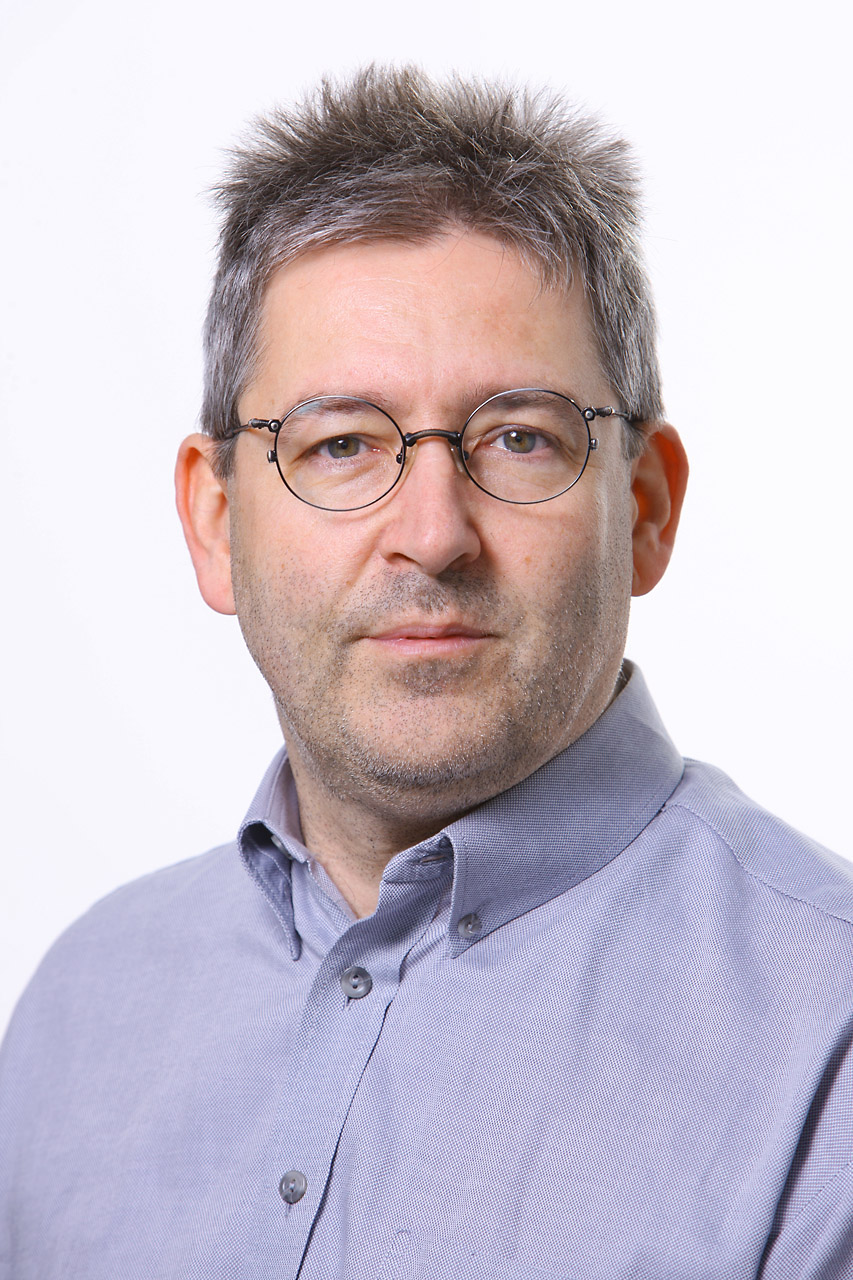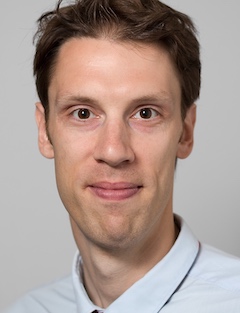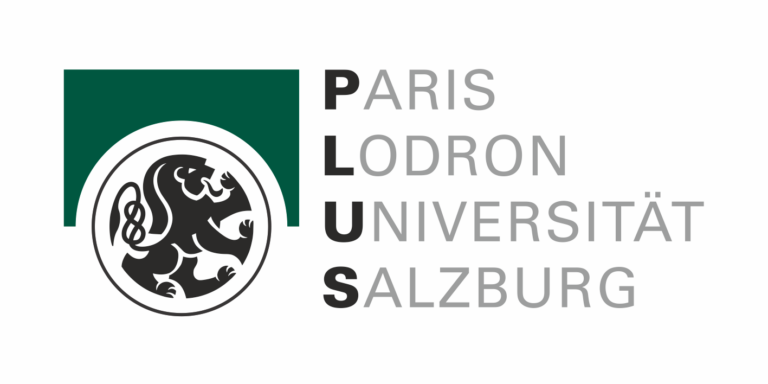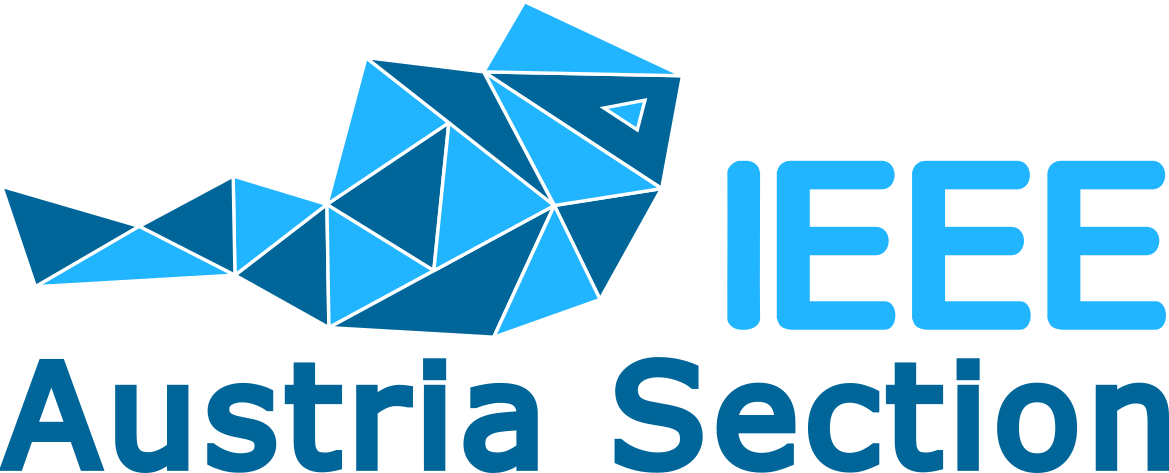Tutorial
Klaus SchöffmannUniversity of Klagenfurt
|
Medical Video ProcessingProcessing and analysis of medical videos is becoming more and more important, because an increasing number of videos and images are integrated in the daily routine of surgical and diagnostic work. While the collection of medical multimedia data is not an issue, appropriate tools for efficient use of this data are missing. This includes management and inspection of data, optimized storage, visual analytics, as well as learning relevant semantics and using recognition results for optimizing surgical and diagnostic processes. The characteristics and requirements in this interesting but challenging field are different than the ones in classic multimedia domains. Therefore, this tutorial gives a general introduction to the field, provides a broad overview of specific requirements and challenges, discusses existing work and open challenges, and elaborates in detail how video and image processing and analysis can support surgeon training and retrospective analysis, among several other use cases. In particular, it covers domain-specific compression of medical videos in laparoscopy and cataract surgery, relevance filtering, tool and action classification, irregularity detection, as well as an overview of existing datasets. |
Invited Speakers
Klaus SchöffmannUniversity of Klagenfurt
|
Relevant Content Detection in Cataract Surgery VideosCataract surgery is one of the most frequent surgeries in the world – its goal is to replace a human lens suffering from natural clouding with an artificial one, which can significantly improve or even restore human vision. More and more surgeons in this particular field of ophthalmology record surgery videos from such microscopic treatments because these videos can greatly aid teaching and training. Moreover, they also allow for post-operative investigations when supported by image and video processing methods. This talk will present our latest research results for automatic video content analysis in cataract surgery videos with deep learning and image processing methods. I will talk about the detection of surgical tools with R-CNNs, the recognition of operation phases and actions with CNNs and RNNs, and the detection of irregularities, such as pupil reactions and lens unfolding delay, with a combination of different deep learning and image processing methods. |
Bernhard StroblAIT – Austrian Institute of Technology GmbH |
touchless4f: A dedicated device for contactless fingerprint scanningDeveloped over the last two decades, contact-based fingerprint authentication has found its place in various scenarios such as police control, border control, access control and forensics. To gain high biometric recognition accuracy, fingerprint samples have to be of high quality. To find its way into a broader field of application scenarios, fingerprint acquisition lacks in terms of hygienic harmless capturing and acquisition speed. Improving speed and decreasing hygienic concerns would also benefit for a higher convenience and public acceptance rate. We present a special hardware-based approach for a dedicated device for contactless fingerprint scanning which is fast, small, cheap in price terms, and it delivers images of high quality. The presentation will address the acquisition process, hardware setup, used elements, challenges in algorithmic design, quality estimation, shortcomings and potential improvements. At the end of the presentation there will be the chance to have some hand-on experiments on a device. |
Björn OmmerTU Munich
|
Next Frontiers of Machine Vision & LearningRecently, deep learning research has seen enormous progress that has tremendously propelled artificial intelligence and its applications. However, in light of the grand challenges of this field present approaches still show significant limitations. The ultimate goal of artificial intelligence and computer vision in particular are models that help to understand our (visual) world. Lately, deep generative models for visual synthesis have been making significant steps towards learning not only powerful, but also semantically meaningful representations of the image space. Explainable AI extends this even further, seeking models that are also interpretable by a human user. The talk will discuss some of the recent breakthroughs in machine vision and learning, highlight future challenges, and propose ways to improve the accessibility of content. Which methodological advances are needed to fully leverage the potential of intelligent data analysis and what is the next frontier? The talk will then also showcase novel applications in the digital humanities. |
Stefan LangUniversity of Salzburg
Dirk TiedeUniversity of Salzburg |
Explainable AI for humanitarian actionA never-ending series of conflicts all around the globe render millions of people homeless and force them to flee. The UNHCR estimates the number of forcibly displaced people (FDP) at 82.4 million for the year 2020, with a large share of them (~60%) internally displaced, i.e. not achieving official protection status as not crossing an international border. Other than the news-prevailing Ukrainian war, where latest information technology is (still) abundant and makes UN and other organisations, including NGOs, as well as the public aware of the emerging tragedy (facing disinformation rather than none), the widespread protracted crises in South Sudan, DRC, Syria, Yemen, and so forth, exhibit little to no public attention or media coverage. Humanitarian actors, such as Médicins Sans Frontières (Doctors Without Borders, MSF) therefore rely on independent information for logistics and planning, aid delivery, food and nutrition supply, as well as maintenance of safety and health. The Christian-Doppler Laboratory GEOHUM, established at the University of Salzburg in partnership with MSF, promotes cutting-edge technological advancements in satellite image analysis and geospatial tools for enabling the uptake and proliferation of relevant information products in the context of humanitarian action. A most critical task is to estimate displaced population based on reliable dwelling counts in camps and other ephemeral settlements, including in complex urban settings. To cope with this challenge, we use a mix of input data (different spatial resolution levels, temporal coverage, active vs. passive sensors, etc.), to maximize the effectiveness of information delivery. Timeliness and reliability are the key requirements in this domain, leading to ever-new attempts in automating information extraction and making image processing transferable. Deep learning (DL) routines, spearheaded by convolutional neural networks (CNN), are promising when fed with large amounts of dwelling representations, whose quality and provenance are known. The latter, harvested from preceding semi-automatic analysis in this context, are currently documented and organised in a dedicated sample repository; along with systematic studies on the impact of quality parameters on the DL performance. Together with established methods of object-based image analysis (OBIA), where image understanding is performed by expert system engineering using a-priori knowledge on the geometric and spectral properties of the target classes, we believe a significant step can be made towards making the information extraction process more reliable, rapid and, not the least, explainable. We illustrate the implementation of hybrid (explainable) AI via real-world examples in the humanitarian domain, ranging from well-structured camp settings, e.g. in Minawao (Cameroon), to highly complex urban settings such as the mega-city Khartoum (Sudan). |
Hotel Reservation
We have organised the following accomodation options for your convenience. If you do not take these options you have to organise your own accomodation.
Please be aware of the following deadlines for booking the rooms:
- Optimally book before 2022.03.20
- Hard deadline is 2022.04.03 (then these accomodation options will no longer be available).
The Hotels (with star rating if categorised) and approximate walking distances are:
- arte Hotel Salzburg-City (★★★★) – 10 minutes
- Wyndham Grand Conference Centre (★★★★) – 5 minutes
- Hotel Hohenstauffen (★★★) – 10 minutes
- Motel One Salzburg-Mirabell (no categorisation) – 15 minutes
We kindly ask you to book your room in time (until April 03, 2022 at the latest) online or by filling in the form:
Online: Quickfinder (I-Frame):
Form
PDF FORM
Please send the completed hotel form back to:
Salzburg Congress / Congress Services
Auerspergstraße 6
5020 Salzburg
Fax: +43-662 88987-210
E-Mail: This email address is being protected from spambots. You need JavaScript enabled to view it.This email address is being protected from spambots. You need JavaScript enabled to view it.
We are looking for colleagues willing to organize focused special sessions at the
2022 International Conference on Image Processing Theory, Tools and Applications (IPTA’22)
being held in Salzburg, Austria, between April 19 and 22, 2022 (http://www.ipta-conference.com/ipta22/).
Special sessions concentrate on emerging, controversial or particularly interesting topics in the field of image processing (but not limited to)with focus on theory and/or applications.
For details on the manuscript submission, we refer to the call for papers. Special Session papers need to meet the guidelines for general manuscripts.
Papers in each accepted Special Session will undergo a review process, similar to the regular papers.
Presentations of accepted Special Session papers will be oral or poster (according to the organizers preference).
If you are interested, please use the template to submit a proposal to
Michael Gadermayr (Michael.Gadermayr <AT> fh-salzburg.ac.at) and
Rachid Jennane (Rachid.Jennane <AT>univ-orleans.fr)
The template is available here:
Special Session Word Template
Proposals must be submitted as a single PDF file. The subject heading should clearly state “IPTA2022 Special Session Proposal”. We recommend to provide a list of confirmed submissions.
The proposals should be submitted as soon as possible, but no later than November 30, as the proposals are being reviewed on a rolling basis.
Final notification of acceptance/rejection will be sent by 1 week after submission.
To be presented at IPTA’22, each Special Session should have at least 4 accepted papers.
Best regards,
Michael Gadermayr, Salzburg University of Applied Sciences, Salzburg Austria (Special Session Chair)
Rachid Jennane, Université d'Orléans, Orléans, France (Special Session Chair)
Andreas Uhl, University of Salzburg, Salzburg, Austria (General Chair)
Djemal Khalifa, Université d'Évry-Val-d'Essonne, Corbeil-Essonnes, France (General Chair)
The following list will be update as new special sessions are added.
Processing and protection of encrypted multimedia data
The digital world has become a confrontational space characterized by the resurgence of unfair competition, espionage, disinformation, terrorism and cyber-crime. Thus, faced with the increase in attackers' capabilities and the proliferation of attack scenarios, multimedia security has become a major security issue. Multimedia data is especially vulnerable to various threats due to its abundance on networks. According to CISCO, it represents more than 80% of the total volume of data in transit, especially on social networks and cloud computing platforms. In this context, methods to protect multimedia content have been developed. In particular, encryption is used to ensure the visual privacy of the original data and to prevent an unauthorized person from viewing their content (automatic recognition and identification, tracking, tracing...).
In this special session, we will focus on the processing and protection of encrypted multimedia data, motivated by five technical challenges:
- ensuring privacy protection,
- preserving the original format of the data,
- enabling the visualization of encrypted data,
- preserving the size of the clear data,
- ensuring the reversibility of the operations performed.
Topics of interest
- Multimedia data encryption (image, video, 3D objects...)
- Security evaluation of encrypted multimedia data
- Data hiding in the encrypted domain
- Secret sharing
- Correction of noisy encrypted multimedia data
- Research and indexing in the encrypted domain
- Compression of encrypted multimedia data
- Forensics in the encrypted domain
Biological & Medical Image Analysis
Cutting-edge digital imaging technology revealing structural and functional properties of biological systems exhibits a source for huge amounts of valueable information. To allow effective and objective studies and draw useful conclusions in medicine and biology, automated image analysis methods are indispensable tools. Due to time- and cost restrictions often methods are needed which do not necessarily require huge amounts of manually annotated training data to generate reasonable outcomes. A further important feature is exlainability and transparency to obtain high confidence, inturn enabling an effective integration into clinical workflows.
The focus of this special session is on methods for biological and medical image analysis. We particularly invite contibutions introducing novel approaches for or performing empirical studies on digital histology, radiology (X-ray, CT, MRI, PET/SPECT), endoscopy, optical coherence tomography and dermatoscopy (but not limited to).
The session welcomes papers on the following research topics (but not limited to):
- Image segmentation
- Computer-aided detection, diagnosis, staging, classification, regression
- Computer-aided decision support systems
- Image enhancement (image translation)
- Image reconstruction
- Image registration
- Multi-modal image processing
- Computer assisted interventions
The conference is in person, i.e., no hybrid conference.
No show policy
A paper which does not have an author registration or for which the presentation is not held will not be included in the published proceedings.
Registration fees
| Author/ Early Bird | Regular Registration | On Site Registration | |
| Type | —7.04 | until 15.04 | |
| Regular | 550€ | 600€ | 700€ |
| Regular IEEE Member | 500€ | 550€ | 650€ |
| Student | 475€ | 525€ | 625€ |
| Student IEEE Member | 425€ | 475€ | 575€ |
| Extra Paper | 300€ | — | — |
| Accompanying Person* | 275€ | 300€ | 300€ |
* Includes lunch, dinner and social event but not other conference admission.
Student Registrations
Students must upload a certificate of their status as a full-time student. The registration process will only be complete when the organization sends the registration confirmation.
Registration Steps
If you register as an Author and have an extra paper and/or accompanying person, you have to click the three links (Author, Extra Paper and Accompanying Person) and complete the payment for each of those separately. The account you created for the event registration for the first one can be of course used to do the other one/two as well.
| Author/ Early Bird | Regular Registration | |
| Type | —7.04 | until 15.04 |
| Author / Regular | 550€ | 600€ |
| Author / Regular IEEE Member | 500€ | 550€ |
| Student | 475€ | 525€ |
| Student IEEE Member | 425€ | 475€ |
| Extra Paper | 300€ | |
| Accompanying Person* | 275€ | 300€ |
* Includes lunch, dinner and social event but not other conference admission.








